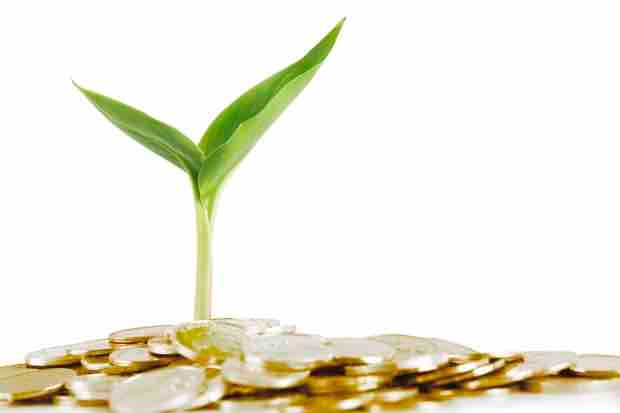Winston Churchill said the inherent vice of capitalism is its unequal share of blessings. Today, the ever-widening chasm of inequality is contributing to a potential tide of political shocks across the West.
But it is not all doom and gloom. A rapidly increasing number of individuals are attempting to redress inequalities by using their money to make the world a fairer place – and cleaner one too. In my last blog, I looked at how social investments such as community shares have the potential to transform large parts of our economy.
An even more important example, in terms of size, is green and ethical funds. According to research organisation Vigeo EIRIS, this sector nearly trebled from £6 billion to £15 billion in the UK in the 11 years to June 2016. And in Europe, ethical funds have grown 16 per cent to €158 billion in the last year.
This expansion looks set to continue as consumer interest in issues like climate change, human rights and equality keeps growing. In fact, the potential is enormous as surveys show that most people now want their money to have a positive impact on society and not just a financial return. Contrary to what critics believe, they can have both, as ethical investments have performed well against non-ethical peers.
Research by investment manager Architas shows that, over a 10-year period, 21 of the 39 ethical equity funds in the UK market beat the FTSE All Share, including dividends reinvested. Meanwhile, the ethical FTSE4Good UK 50 benchmark returned 53.6 per cent over the five years to 17 November, compared to the FTSE 100’s 51 per cent. And the FTSE4Good Global 100 benchmark returned 109.6 per cent over the same period compared to 105.1 per cent for the FTSE World.
There are still pitfalls. One is that some ethical funds still include companies with controversial practices, such as oil extractors, so you need to be careful that the fund you invest in matches your beliefs. Another is that ethical funds have a bias towards mid- and small-cap companies, which can be more volatile in the short term.
But the ethical market has evolved significantly over the past 10 years. Investment approaches have diversified and become more sophisticated, for example, in the move away from negative ethical screening towards positive engagement. There are enough products now to suit most ethical beliefs in a balanced approach that also meets investors’ risk and return needs.
John Ditchfield, partner at Castlefield Advisory Partners, says his firm will never recommend an ethical fund unless it meets all the same selection criteria that his firm applies to non-ethical funds – including performance above the wider sector average. Of the 97 ethical funds screened in his latest analysis, 15 per cent to 20 per cent were selectable on performance and Castlefield’s other criteria, he says. While this is not a large choice, it is just enough to build a well-diversified portfolio entirely of ethical funds, adds Ditchfield.
Critics also say that, at 2 per cent, ethical funds are still only a tiny part of the retail fund market. And most are equity funds – we still need more choice, including in the fixed income sector. But it is worth remembering that funds that do not specifically brand themselves ethical are not all evil – many are becoming much more socially responsible. For example, a coalition of over 80 investors, with $4.8 trillion in assets under management, has recently pledged support for the creation of the world’s first wide-scale benchmark on corporate human rights practices. These include some of the world’s largest and most influential investors.
There is always a risk that some of this will only result in window dressing, but nonetheless initiatives like these are important steps towards turning the vice of capitalism into a virtue.






Comments